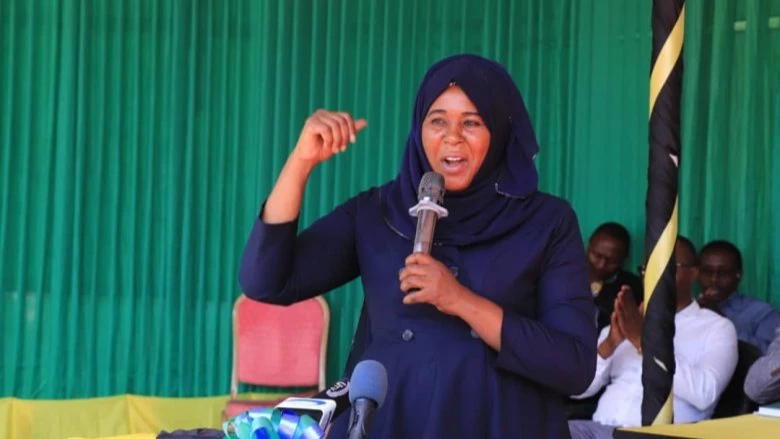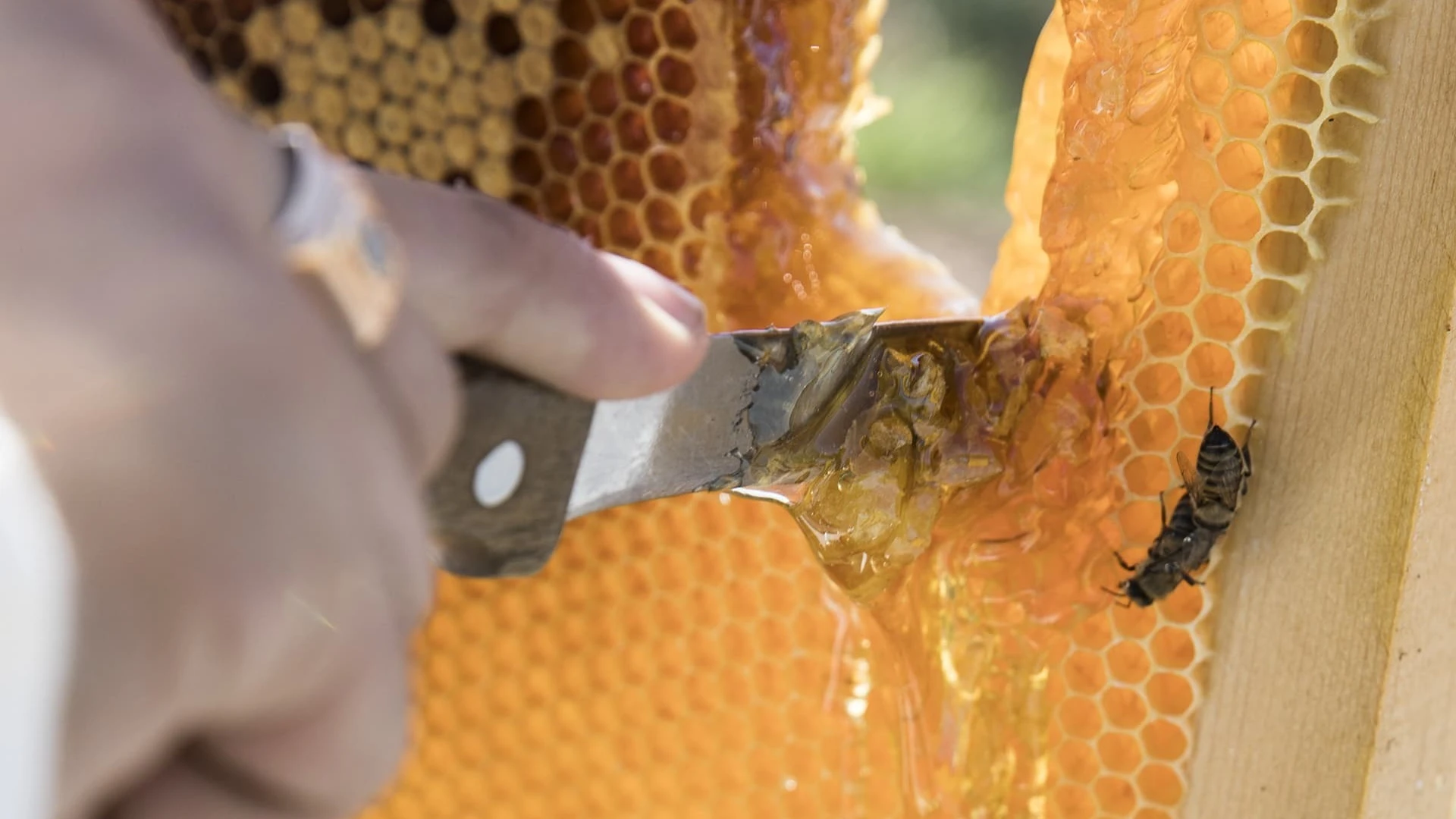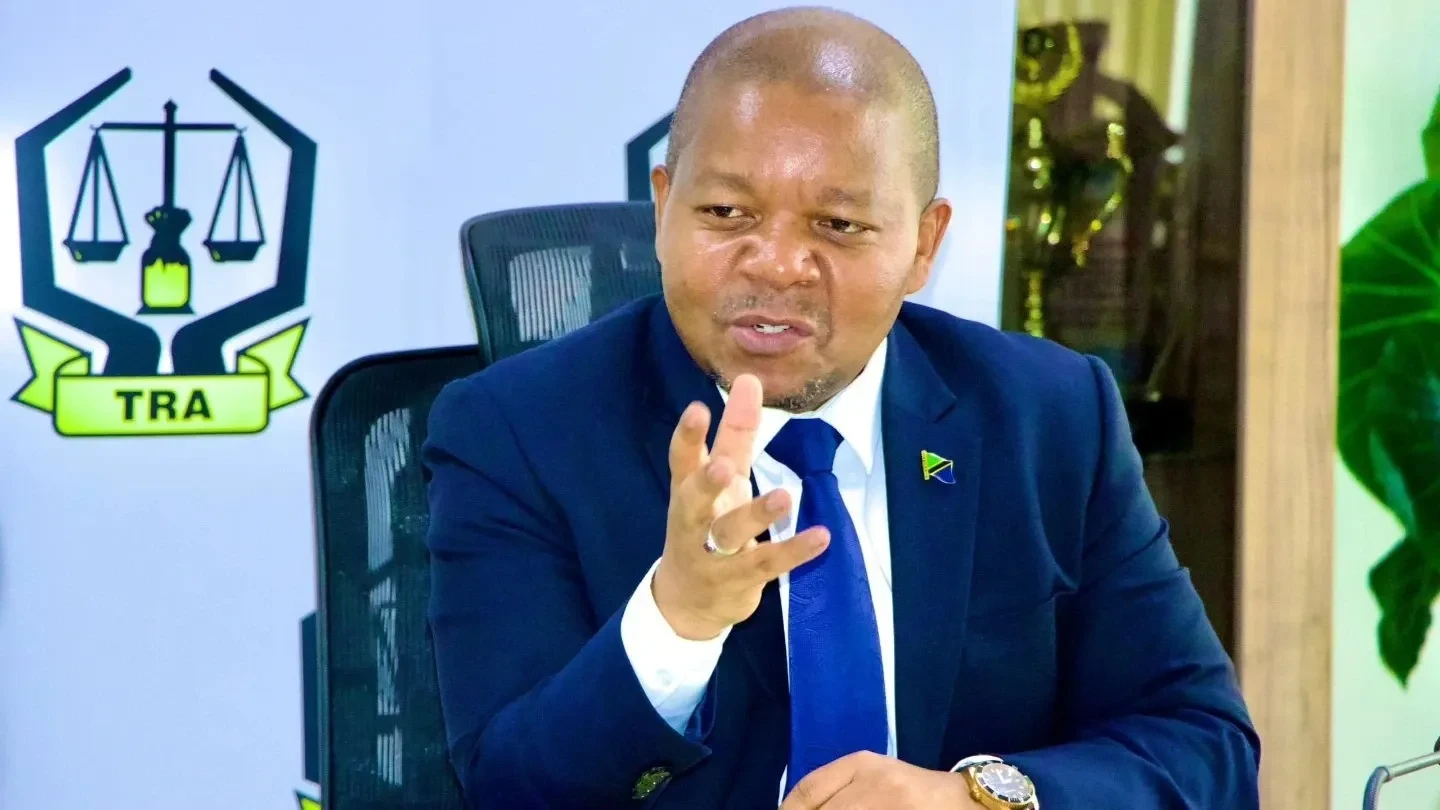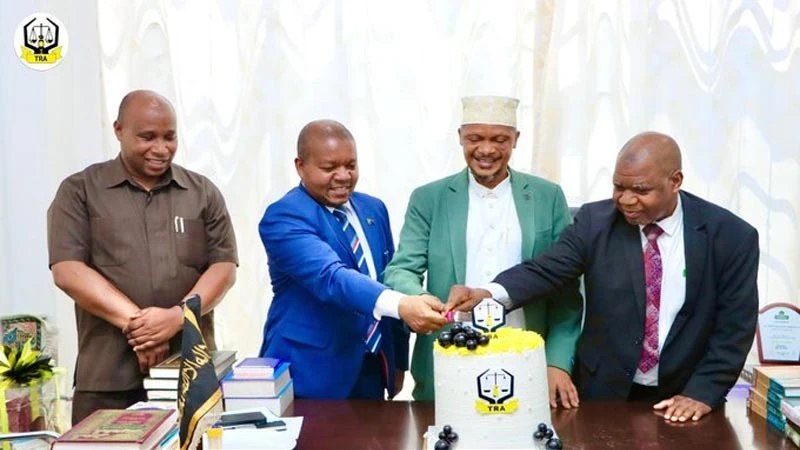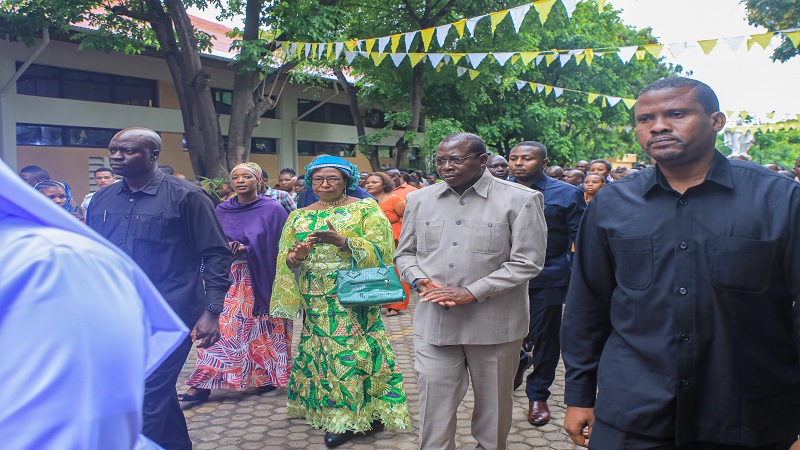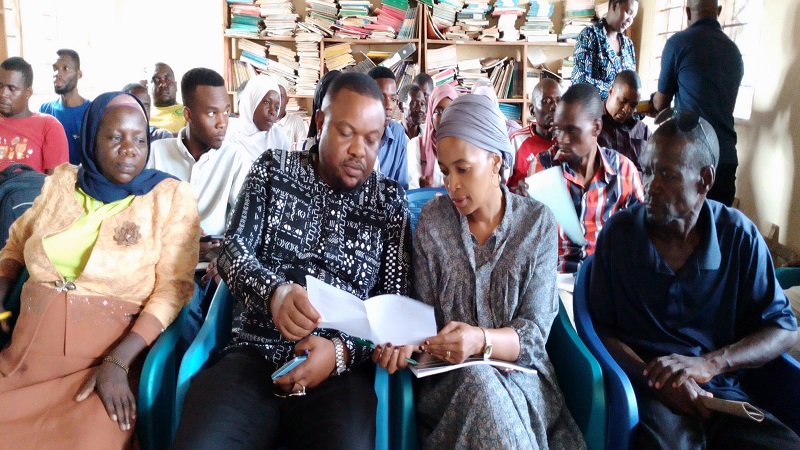Swahili council opens 47 centres, 17 abroad

THE National Kiswahili Council (BAKITA) has launched 47 centers worldwide to promote Swahili language teaching, locally and abroad.
Prof. Palamagamba Kabudi, the Information, Culture, Arts and Sports minister, made this observation when opening the ‘Africa of Tomorrow’ cultural international conference held at the Jordan University College (JUCO) here yesterday.
He said that of the 47 centers, 17 are located outside Tanzania, whose focus are on higher education institutions, as young people learn the language to conduct research in the country and in the neighbourhood.
They spark discussions aimed at uncovering tangible and intangible cultural heritage, he said, underlining that the goal is to help restore African values for the broader benefit of the African continent.
Prof Anna Tibaijuka, a veteran academic and administrator, asserted that a single native language carries many cultural values, and we should not lose Swahili by adopting foreign languages.
A keynote speaker at the conference, she argued for the protection of Swahili as well as our indigenous languages, “and in doing so we must not engage in tribalism."
Prof Bertram Mapunda, the rector for Jordan University, affirmed that the current generation has the view that cultural matters and speaking indigenous languages are concerns for the older generations.
Young people need to learn indigenous languages to help preserve and spread the various tongues, he stated, explaining that the university plans to introduce curricula to teach indigenous languages to students, ensuring their growth and dissemination.
Chief Mtayani Simanga, a Maasai traditional leader, said that the conference, had enabled a number of indigenous leaders to meet with leaders in academia “to explain how people should live in their homes to restore peace and stability in Africa.”
Adam ole Mwarabu, an advocate, suggested that the government needs to direct schools to teach indigenous languages, including Swahili, “to help eliminate foreign languages introduced by colonizers.”
"If we use these indigenous languages in various regions, it will help build love, unity, solidarity and peace in our country,” he said, pointing at those engaging in tribal discrimination as likely to be changed.
Jordan University organised the conference in collaboration with the Sokoine University of Agriculture (SUA), Mzumbe University, the Islamic University of Morogoro (MUM), Zanzibar University, the University of Zimbabwe, the University of Nigeria at Lagos and the Portable Practical Educational Preparation (PPEP) Institute at the Arizona State University.
An online entry says that the institute specializes in helping sons and daughters of migrant and seasonal farmworkers in rural Arizona, at-risk students, high school dropouts or other students seeking to find their feet again in learning.
Various topics were discussed at the conference, including language issues, politics, economics, culture, ethics, history, heritage, rights and a major focus on community efforts to preserve African cultural heritage.
Top Headlines
© 2025 IPPMEDIA.COM. ALL RIGHTS RESERVED









